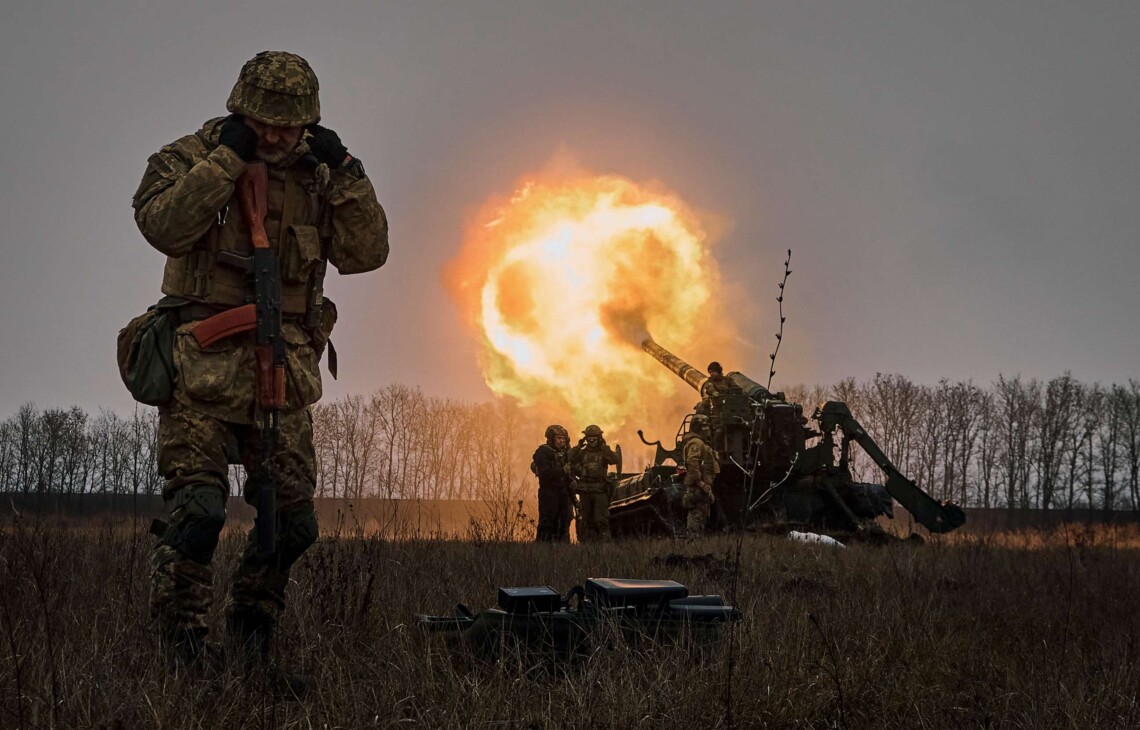Lawyer
Military responsibility for war crimes
Military conflicts have always been a source of significant legal and ethical challenges. One of the key aspects of these conflicts is the issue of military responsibility for war crimes. In this article, we will look at the main aspects of military responsibility, the definition of war crimes, the procedural part of their investigation and the role of international judicial bodies. We will also focus on the importance of legal advice and legal analysis of documents in the context of war crimes.
Definition of war crimes
War crimes cover serious violations of international humanitarian law that are punishable under international criminal law. The main categories of war crimes include:
- Crimes against civilians: These include murder, torture, deportation and other cruel acts against civilians.
- Crimes against prisoners of war: The ill-treatment of prisoners of war, including torture, denial of the right to a fair trial, etc.
- Illegal use of weapons and methods of warfare: The use of weapons prohibited by international treaties, as well as methods that cause excessive suffering.
Legal analysis of documents is important for determining specific actions as war crimes. Consulting a lawyer helps to understand complex legal issues and ensure proper legal support.
International instruments and treaties
The international community has developed a number of instruments to regulate and prevent war crimes. These include:
- TheGeneva Conventions of 1949 and their Additional Protocols, which establish standards for humane treatment in armed conflict.
- TheRome Statute of the International Criminal Court (ICC), which defines the competence of the ICC to investigate and prosecute war crimes, crimes against humanity and genocide.
The role of the International Criminal Court
The International Criminal Court (ICC) is the key body with jurisdiction to investigate and prosecute war crimes. The ICC considers cases where national courts are unable or unwilling to provide justice.
Procedure of the ICC proceedings
The ICC's trial procedure includes several stages:
- Investigation: The ICC Prosecutor initiates an investigation based on information about alleged crimes.
- Preliminary examination: The ICC judges decide whether there is sufficient evidence to bring charges.
- Trial: The case is heard in court, where the accused have the right to defend themselves.
- Sentencingand appeal: After the sentence is passed, both parties have the right to appeal.
An online legal consultation can be helpful in understanding the ICC procedures and preparing to participate in the process.
National courts and military tribunals
In addition to the ICC, national courts and military tribunals also play an important role in the investigation and prosecution of war crimes. Every state has the obligation to investigate war crimes committed on its territory or by its nationals.
Procedures of national courts
National courts try war crimes cases in accordance with national law and international obligations. This includes:
- Investigation and collection of evidence: Military prosecutors and investigative bodies conduct investigations.
- Trial: The prosecution and defence present their cases in court.
- Sentencing: The court makes a decision based on the evidence presented.
Legal defence and legal advice
Legal defence is a key element of a fair trial. Advice from a lawyer ensures that the accused are properly protected and that their rights are respected. An online lawyer can provide prompt and qualified assistance in preparing for a trial.
Checking documents by a lawyer
Checking documents by a lawyer is an important step in preparing for a trial. It includes:
- Analysis of evidence: A lawyer analyses all the evidence collected to determine its legitimacy and relevance.
- Preparation of legal documents: The lawyer prepares the necessary legal documents for the trial.
- Consultation and preparation of the client: The lawyer advises the accused on his or her rights and defence strategy.
Online legal advice and online lawyer
Modern technologies allow you to get legal advice online, which is a convenient and effective way to get legal assistance. An online lawyer can provide written advice on applicable law, document analysis and legal analysis of situations. This is especially important in cases where you need to obtain legal assistance promptly.
Legal opinion and legal analysis of documents
A legal opinion is an important document that helps to understand the legal consequences of certain actions or decisions. Legal analysis of documents helps to identify possible violations and risks that may arise during the trial. A legal consultation allows you to get sound advice and ensure proper legal protection.
Written advice and legal analysis of the situation
Written legal advice is a valuable tool for obtaining a detailed analysis of the legal situation. Legal analysis of the situation helps to identify legal risks and develop a defence strategy. Legal advice can be provided both in person and online, which ensures flexibility and accessibility of legal assistance.
Conclusion.
Military responsibility for war crimes is a complex and multifaceted area that requires careful legal analysis and compliance with international standards. The International Criminal Court and national courts play an important role in ensuring justice and bringing perpetrators to justice. Advice from a lawyer and verification of documents by a lawyer are integral elements of the legal defence process. In today's world, where technology plays an important role, online legal advice can provide fast and effective legal assistance in resolving complex legal issues related to war crimes.
Thus, legal advice and counselling are an integral part of the preparation and conduct of war crimes trials. Legal review of documents and legal analysis of the situation help to minimise risks and ensure that actions comply with international law. It is important to seek professional advice to obtain quality legal assistance, which can be provided both in person and online.

































